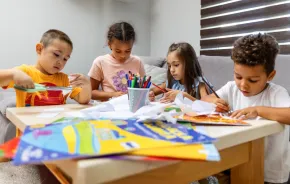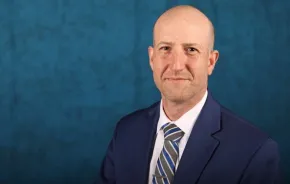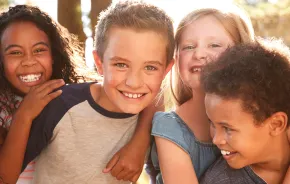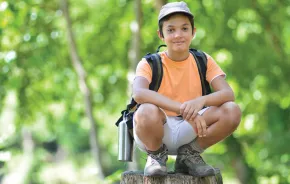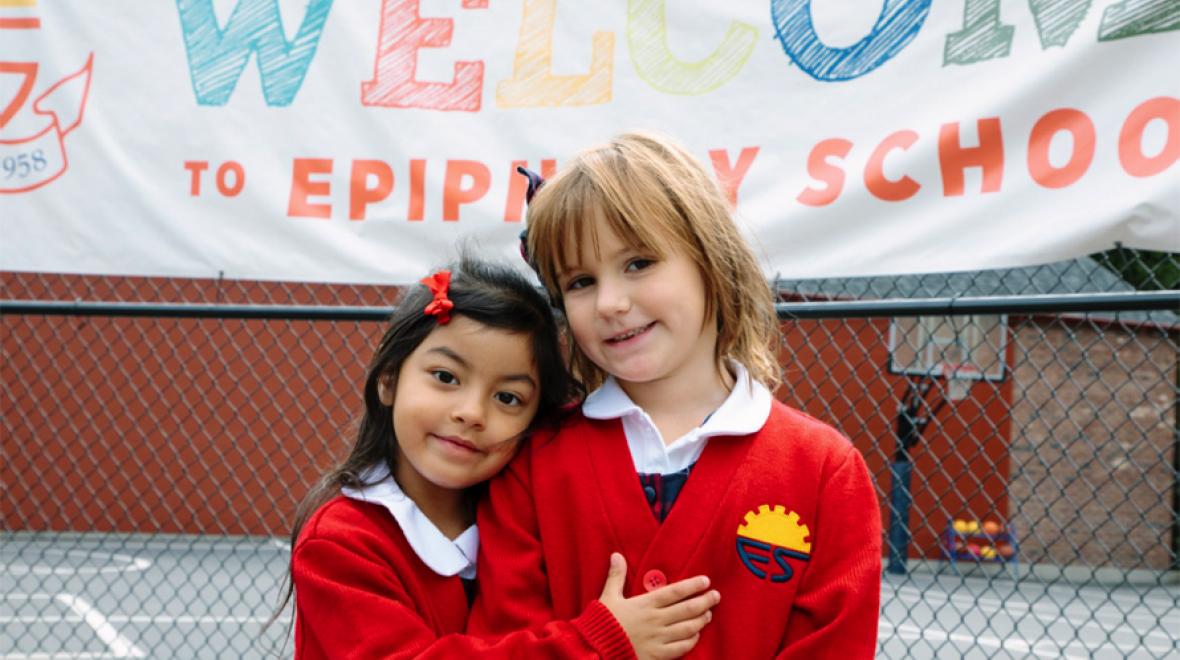
Photo:
Credit: Libby Lewis Photography
Editor's note: This article was sponsored by Epiphany School.
Helping our kids navigate friendships can be one of the stickier challenges of parenthood. Our own relationship troubles are rarely as painful to experience as watching our kids struggle to make friends or lose one to classroom drama. But such challenges are an opportunity for kids to build social skills that will serve them for the rest of their lives. Fortunately, these skills can be taught.
At Epiphany School, an independent, secular elementary school in Seattle’s Madrona neighborhood, friendship skills are integrated into the curriculum through weekly social-emotional learning (SEL) lessons and practiced daily as part of the school culture.
“It’s fundamental to our purpose as a school. Because, without that foundation of belonging to a community, your brain isn’t as ready to learn, no matter how old you are,” says Celia Russo, lower elementary division head at Epiphany School.
Setting expectations
“A lot of our [SEL] curriculum is focused on what a friendship is, what qualities we need to nurture a good friendship, and skills for making and then keeping friends. Those skills are not only crucial to feeling like you belong at school, they are also crucial later in life. We’re teaching them how to sustain meaningful relationships for a lifetime,” says Sara Tebeau, school counselor at Epiphany School.
These lessons are particularly emphasized at the beginning of each school year when teachers establish expectations for behavior. Making expectations explicit takes time up front but is more efficient in the long run, and it’s especially important in an unusual year like this one.
“As adults, we forget that we once learned things that now seem intuitive,” says Russo. In the classroom, explicit expectations allow teachers to skip the lecture and refer back to established guidelines when a student misbehaves. In friendships, framing behavior in terms of what is expected vs. unexpected teaches kids not to make assumptions about their friends’ knowledge or motives.
Making friends
For the youngest students, making friends is a major focus of SEL, but it’s often valuable to revisit those lessons as kids approach middle school and other transitions.
“All children, regardless of age, have the capacity to be kind, empathetic, cooperative friends. We really respect the knowledge that our kids already have,” says Tebeau. Following the Socratic method of asking students probing questions, even preschoolers can get from defining a friend as someone to play with to understanding friendship as a relationship of mutual trust.
But SEL is not just about discussing big ideas. For example, in a lesson on joining play, students learn four practical steps:
- Observe: Notice what’s going on, who is playing and how the game works.
- Approach: Put your body in the space instead of watching from a distance.
- Engage: Say hello and show curiosity with a question like “What’s going on?”
- Ask: Ask to join the game.
As with any other skill, social skills require practice. Using demonstrations and role-playing, students learn skills in the classroom that are reinforced in real-life interactions.
“Math is a great example. You can learn it in isolation, but you find out if you truly learned it when you start trying to apply it. So, the lessons that we’re teaching really come to life most often at recess,” says Russo. Whenever “teachable moments” pop up, adults can remind kids to apply the lessons they’ve already practiced.
Keeping friends
“Keeping friends is all about communicating the stickier stuff like our emotions and our needs in a friendship — being able to say when we’ve been hurt, being able to listen and accept responsibility when we’ve done something that hurt someone else,” says Tebeau.
The problem solving and conflict resolution involved in maintaining friendships becomes the SEL focus for older grades, but the approach — discussion and roleplay followed by in-the-moment coaching — stays the same.
“We talk a lot about asking curious questions and showing interest in others,” says Tebeau. “If people don’t feel like you’re interested in them, that’s not going to sustain a very meaningful friendship.” Students learn active listening skills such as asking open-ended and follow-up questions and showing that you remember what others have said before.
For conflicts and problem solving, Epiphany School teaches the STEP approach:
- Say the problem without blame. This is hard, but blame makes people feel defensive, so it is unproductive.
- Think about all the possible solutions. This helps validate emotions by acknowledging impulses (such as never speaking to someone again) while also encouraging creative thinking about other options.
- Explore the consequences. Better solutions rise to the top once people think about the likely outcomes of each choice.
- Pick the best solution. After weighing the pros and cons of solutions and the possible consequences, choose an option that meets everyone’s needs.
This approach can be applied to all kinds of problems. It often raises big questions like “What do healthy boundaries look like?” and it can help with difficult choices, whether that means where to sit at lunch or whether to end a friendship.
Try this at home
During social distancing, navigating friendships is harder than ever and there is not a lot of precedent for maintaining connection in a remote environment.
“I think it looks different for all families,” says Tebeau. Families are trying virtual playdates, physically distanced playdates, or learning or social pods.
When your kids are lonely or missing their friends, Tebeau says, “It’s normal as a parent to feel sadness or frustration or worry. Before you jump into fix-it mode, just sit with them and listen. After that, don’t just try to solve their problems for them. Ask the right questions and empower them.”
Brainstorming together, you can generate ideas of things families and friends can do right now within the boundaries of social distancing. You might be surprised by how creative and effective your kids can be at solving their own social challenges.
Learn more: Tebeau hosts an ongoing “Counselor’s Corner” video series for parents and kids.
|
Sponsored by: |

|








